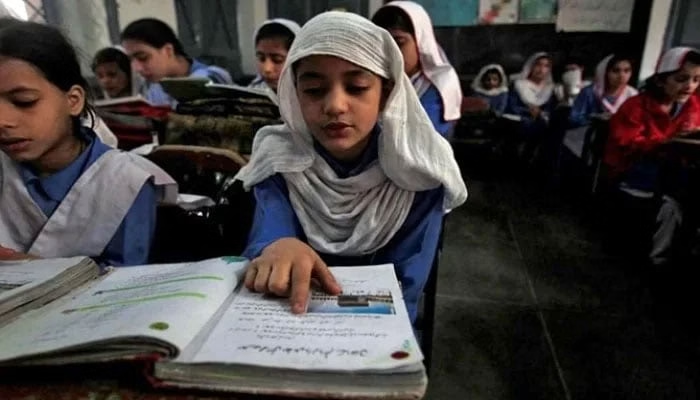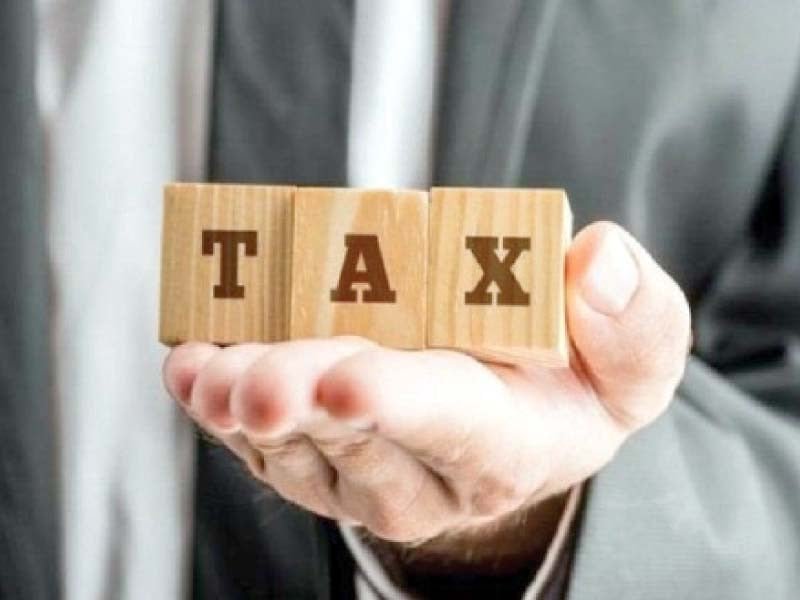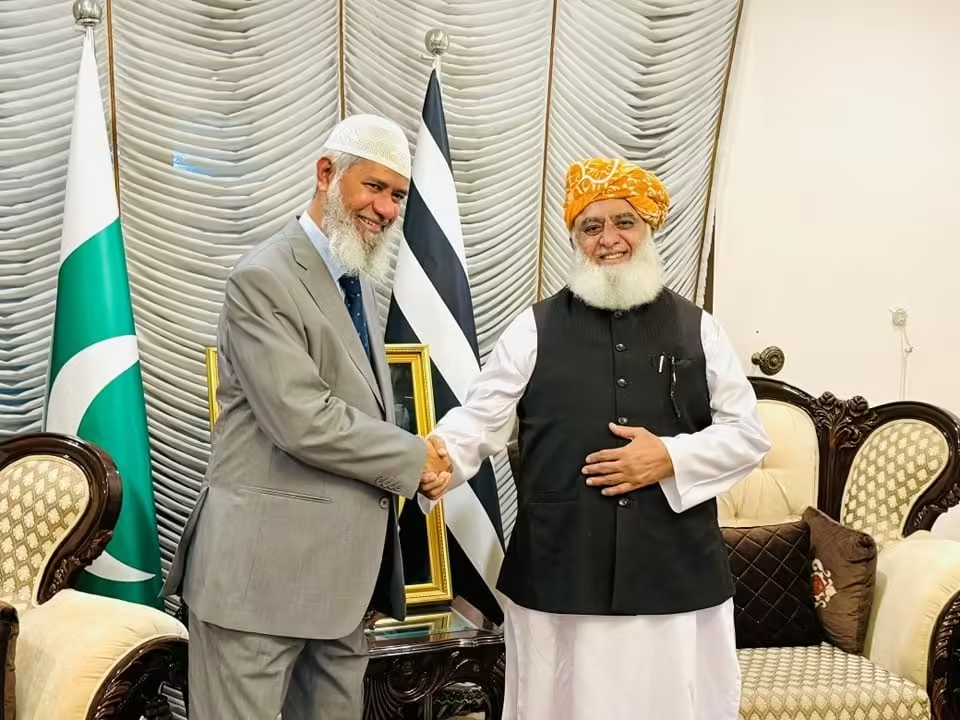The district administrations of Islamabad and Rawalpindi have announced the closure of educational institutions on Monday due to Pakistan Tehreek-e-Insaf’s (PTI) “do-or-die” protest call. The decision, outlined in a notification issued by the capital administration, applies to all educational institutions in the federal capital.
PTI plans to stage a massive protest at Islamabad’s D-Chowk, citing grievances such as the “illegal” incarceration of its founder, Imran Khan, alongside other leaders and workers. The protest also addresses allegations of a “stolen mandate” in the February 8 general elections and dissatisfaction with the 26th Constitutional Amendment.
The Islamabad High Court (IHC) has instructed authorities to ensure the demonstration complies with the newly enacted peaceful assembly law. However, concerns over law and order remain high, especially with the upcoming visit of Belarusian President Alexander Lukashenko, scheduled from November 25 to 27.
The federal government has enforced strict security measures, including the deployment of hundreds of police, Rangers, and Frontier Constabulary (FC) personnel. Islamabad’s entry and exit points have been sealed, and Section 144 has been imposed to prevent large gatherings. Interior Minister Mohsin Naqvi has confirmed the disruption of internet services in Islamabad, Karachi, Peshawar, and other cities, though mobile services remain functional.
In Punjab, the government has also imposed Section 144 for three days, from November 23 to 25, and placed over 10,700 police personnel on standby. The measures are in response to PTI’s repeated protests in the federal capital, which have frequently resulted in clashes with law enforcement agencies (LEAs).
PTI has framed the protest as a fight for justice and against what it terms the suppression of democracy. The heightened security situation and communication disruptions have added to public inconvenience, as authorities prepare to handle any potential escalation during the demonstration.
This tense political atmosphere underscores the challenges of balancing democratic rights with public safety and maintaining order during high-profile events like the Belarusian President’s visit.



